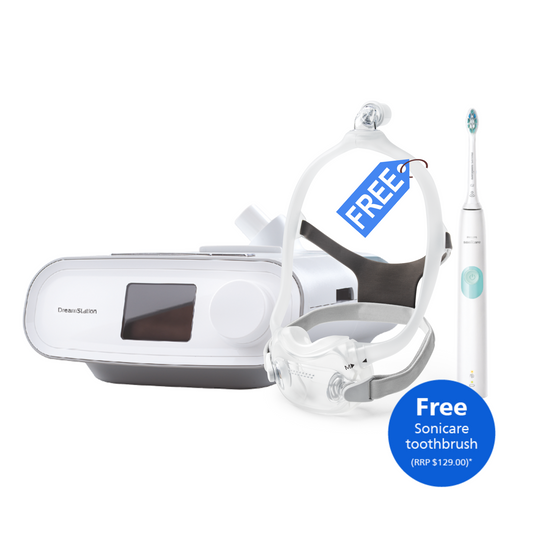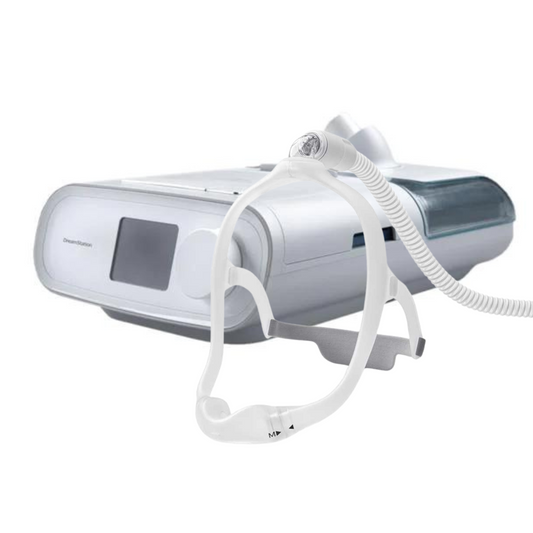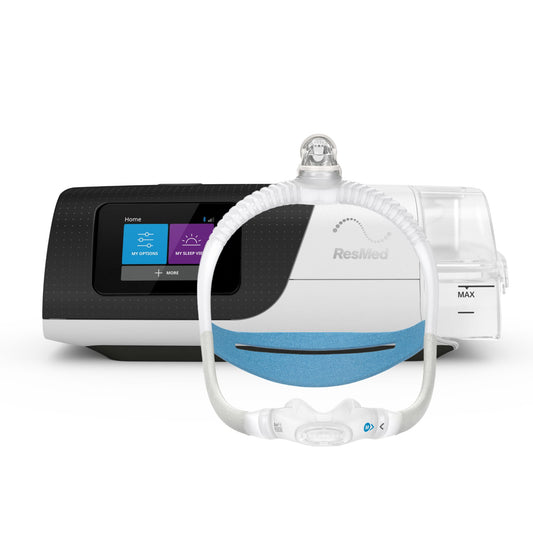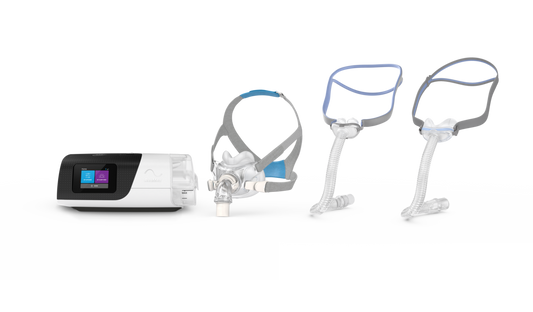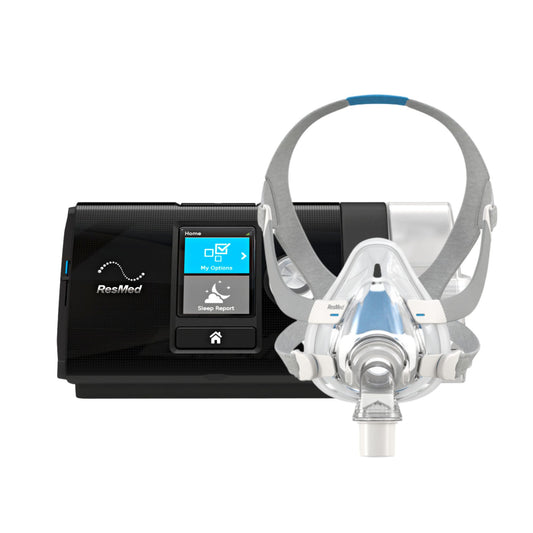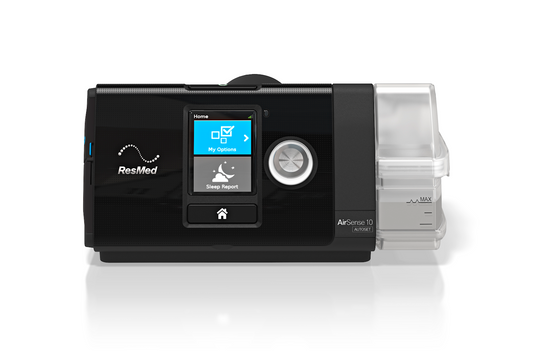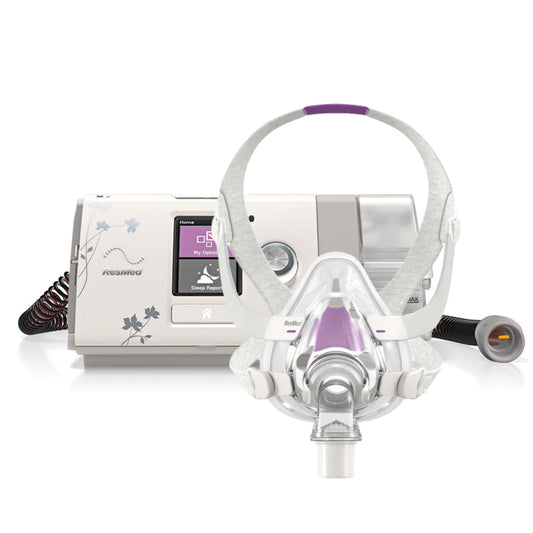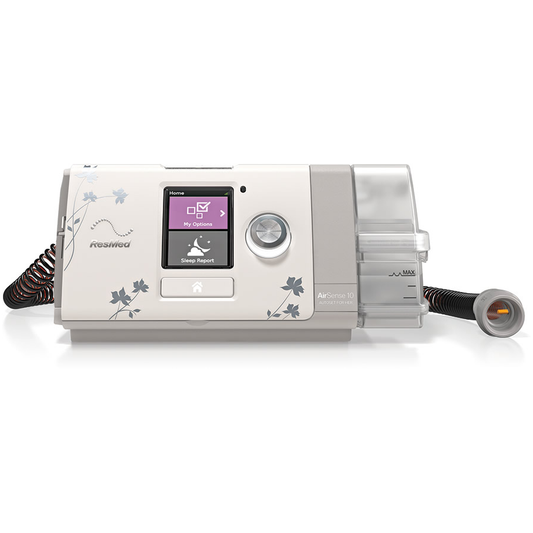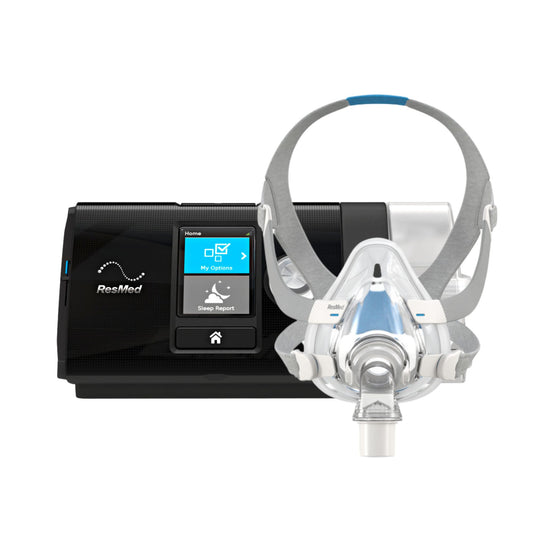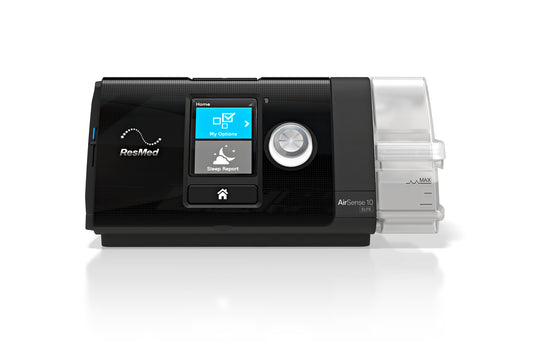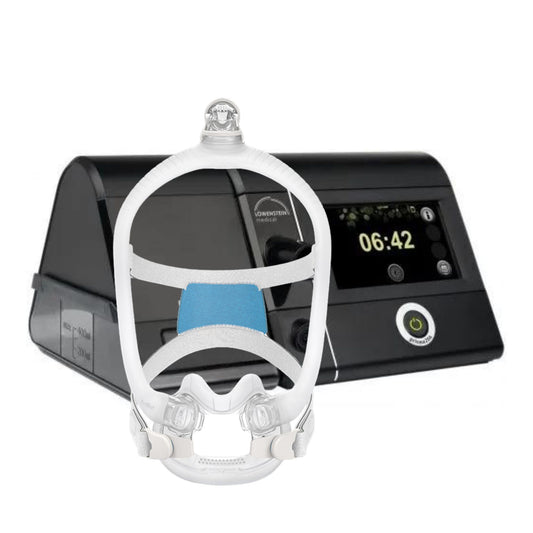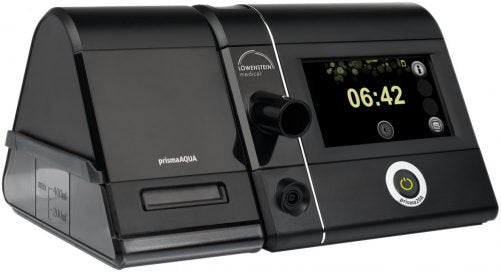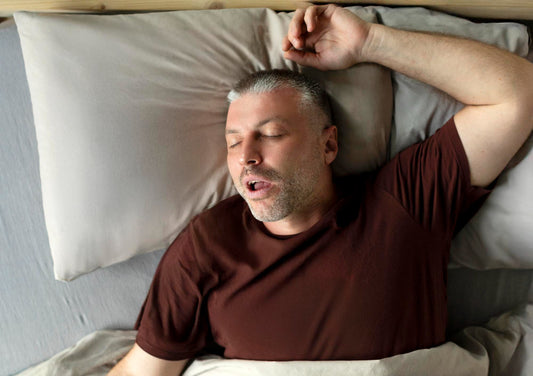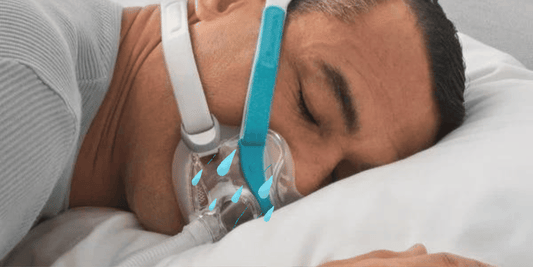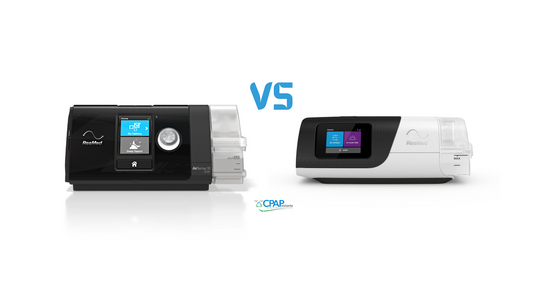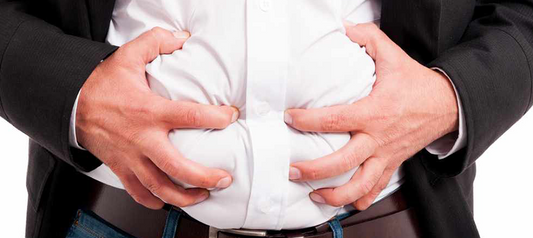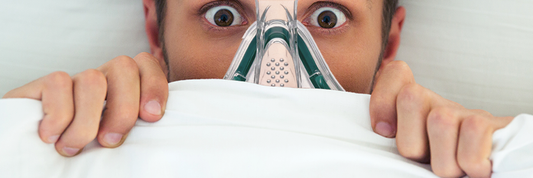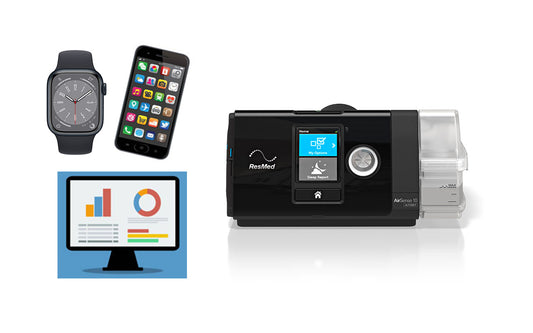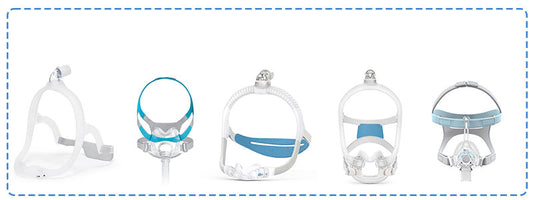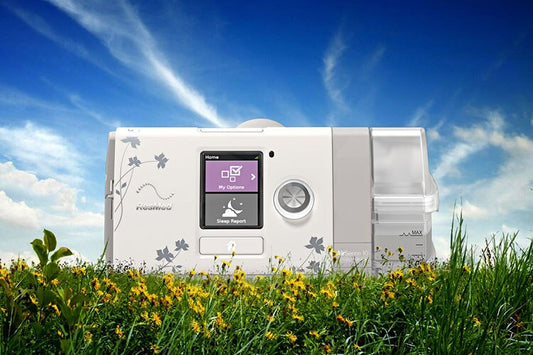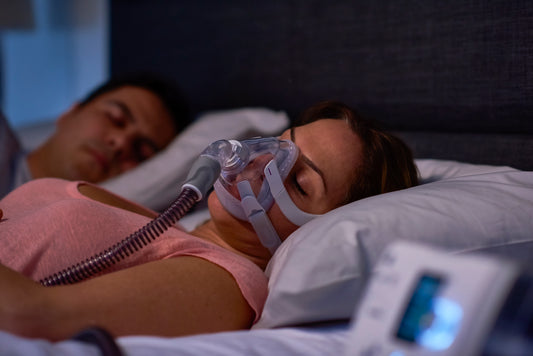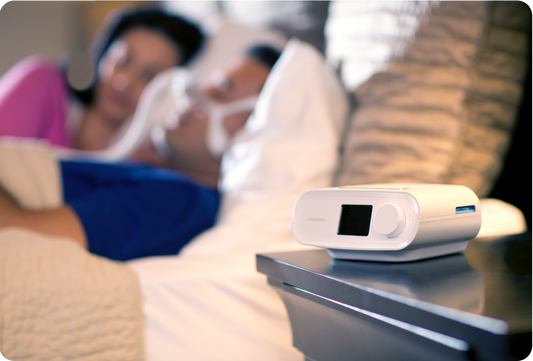Statistics indicate that about 80%-90% of the population has suffered from tension headache at some point of their lives. In connection, there is a point of debate about whether sleep apnoea is linked to the circumstance of waking up in the morning with a splitting headache.
Research indicate that one out of five people with severe sleep apnoea suffered from severe headache on waking up each morning, prompting them to seek medical help, and eventually taking a polysomnogram to make a diagnosis.
It must be noted though that headache on waking up is not exclusive to people with untreated sleep apnoea as headache is also common to people with other sleeping disorders.
How Headaches are Demonstrated
Headache experienced by people with untreated sleep apnoea is often manifested as a diffused headache that seems to be more concentrated in the frontal region. As one stops breathing frequently while sleeping, as in the case of a person with sleep apnoea, the brain gets less oxygen. When the oxygen level is low, the blood vessels widen thereby causing vascular headaches.

The frequency of the headache seems to be linked to the severity of sleep apnoea. The headache pain scale is from mild to moderate, often resolving on its own 30 minutes or so after getting out of bed. Studies indicate that the mechanism associated with sleep apnpea headaches include: change in cerebral blood flow, hypercapnia, hypoxemia, sleep disturbance due to depression, and increased intracranial pressure.
Headaches in the morning do not necessarily point out to sleep apnoea. Other causes of headache in the morning are depression, bruxism, and systemic hypertension.
Bruxism, which is the grinding or clenching of teeth while one is sleeping, may happen during REM or in stage 2 of sleep. Bruxism may happen hundreds of times each night, causing not only jaw pain but, an abnormal wear of the teeth, temporomandibular joint disorder. Daytime fatigue and insomnia are also common in people with chronic headache.
Other possible causes of morning headaches are sinus inflammation, alcohol intoxication, brain tumors, and restless leg syndrome.
Sleep Apnoea Headaches Diagnosed
There are different types of headaches and classifying headaches due to sleep apnoea is not quite easy. The tendency is for these people to seek medical help with other specialists and not with a sleep doctor. More often than not, it will take several trips to a specialist, several tests and medications before a patient is pointed to the direction of a sleep doctor.
A person suffering from weakening of the heart muscle (cardiomyopathy) and daytime sleepiness and fatigue may or may not be referred to a sleep specialist. This will largely depend if the cardiologist know that patients with weakened heart muscle are more at risk of sleep apnoea and other types of breathing disorders.
A neurologist may require a patient complaining of recurrent headache for other tests to determine the cause. It may take several consultations and tests to get a referral for headache evaluation due to sleep apnoea.
The fact is, non-sleep specialists may not see the connection between sleep apnpea and morning headaches. Other symptoms of sleep apnoea should be considered for accurate diagnosis.
Sleep Apnoea Headache Treatment
People with insomnia, obstructive sleep apnoea and any other circadian phase irregularities, often complain of headaches upon waking up. To determine if one’s headache is linked to sleep apnoea, a sleep test or polysomnographic evaluation is needed. Once the person is diagnosed for obstructive sleep apnoea, treatment can begin.
Treatment for obstructive sleep apnoea may include weight loss, upper airway surgery, positional therapy, dental devices and CPAP therapy.
Call us now for information and consultation.
